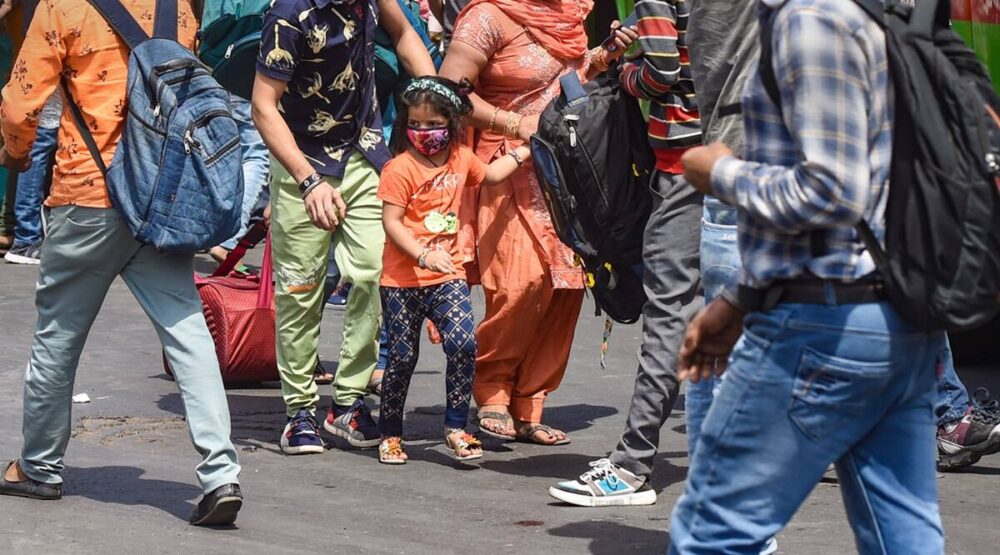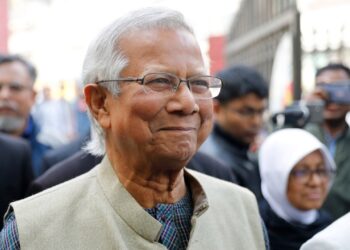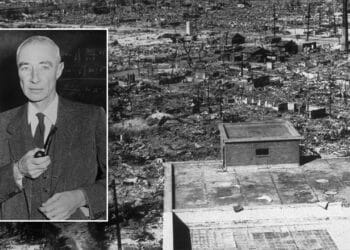If you want to understand the impact of coronavirus on one’s life, start by looking inside to relieve any feelings of worthlessness and despair.
There seems to be no end to the terrible news of a global catastrophe as the coronavirus strikes us hard. Our immune system and immune system are affected as we worry about getting COVID-19 and possibly dying from it.
Feeling trapped and disconnected without a visible solution can result in great hopelessness and helplessness, setting the stage for a mature superbug attack. As a result, many of us may feel overwhelmed when we express our anger or anger.
With our health outbreaks disrupted, each of us has to face the question: “How can we stop the COVID-19 type of coronavirus from affecting our health and ultimately reaching the global health problems? ”
After all, it is our emotions that fuel our feelings of hopelessness and helplessness. Living in any epidemic can create feelings of insecurity, especially when the lack of treatment is exacerbated. With the current crisis, there are no psychological treatments going in and around.
That is why it is now more important than ever that understanding the cause of mental and emotional illness is far more important than finding the cure.
Illness can catch when our immune system collapses. To avoid that, change your focus on understanding the emotional origins, mental meaning, ways of thinking, or messages our bodies are trying to tell us about COVID-19.
India has seen more Covid cases in the past seven days than any other country as the official death toll exceeds 200,000.
People have died waiting for beds for severe shortages of oxygen and hospitals collapsing under the pressure of the epidemic.
Families may not be able to hold a funeral, which could prevent the process of accepting the fact of death. The child may be separated because the schools were not open, which means that the support programs are not in their body.
The child may fear that some adults will be killed by Covid-19, too, a concern that could be difficult to eradicate when there is no clear end to the epidemic.
And in some circles, children may be subjected to discrimination or even denied the severity of the virus.
Children who have lost a parent to the disease can face additional difficulties not only in how they cry but also in what is known as second-degree losses, too.
In the midst of the epidemic and its process that has left many families to face it alone, little is known about how children cope with illness and death – for one or both of their parents.
Anurag Kundu, chairman of the Delhi Commission for the Protection of Child Rights (DCPCR), the Delhi government’s legal body for children’s rights, said they had intervened in at least five cases in the last four days, in which both parents died or one parent died and another was hospitalized.
“Of all the cases we hear about, many others go under the radar. Most people do not know who to turn to in such situations. How many times do we see this and how many cases do we find that do not really show the problem in the world… We urge people to call us, + 91-9311551393, to let us know about these cases, ”Kundu said.
Those who want to help can also call 1098 – a Childline number, which also warns Children’s Welfare Committees.
In one case, Kundu said two siblings, aged 15 and 16, lost both their parents to Covid at the same time and were alone at home.
We called one of the children and discussed their needs immediately and contacted Childline (NGO) for advice, as well as their immediate needs for food, financial assistance and medical facilities, ”said a DCPCR official coordinating the case.
In many cases, Kundu says, there are relatives who should take care of the situation and provide emotional and physical support to the children. “But it must be ensured that they are aware of the situation and are able to take care of the children,” Kundu said, adding that children in such cases need reassurance that they are not alone and are being given first aid.
“They need to be tested as they may be sick or have no problems. A kit of essentials, as well as cooked food, should be guaranteed. We are thankful that our community is united and that more help from relatives and neighbors is available, but these are times that have never been seen, ”he said.
Officials working in the field of child welfare said it was important to keep the child and the family safe and in cases where that was not the case the care of the institution was the way.
A complete check on the immediate, foster child family should be done, which should only be done with the intervention of the Child Welfare Committee
Childcare is not just about feeding a person, it is about loving, caring, and caring. Relatives are ready to pitch food, but not in child-rearing. It appears that the child would have to be placed in a foster home. But before that, we will reach out to everyone in his family.
“Saying nothing is the worst thing you can do in a crisis because it suggests to children that adults do not know or are willing to help.”
Also, read















